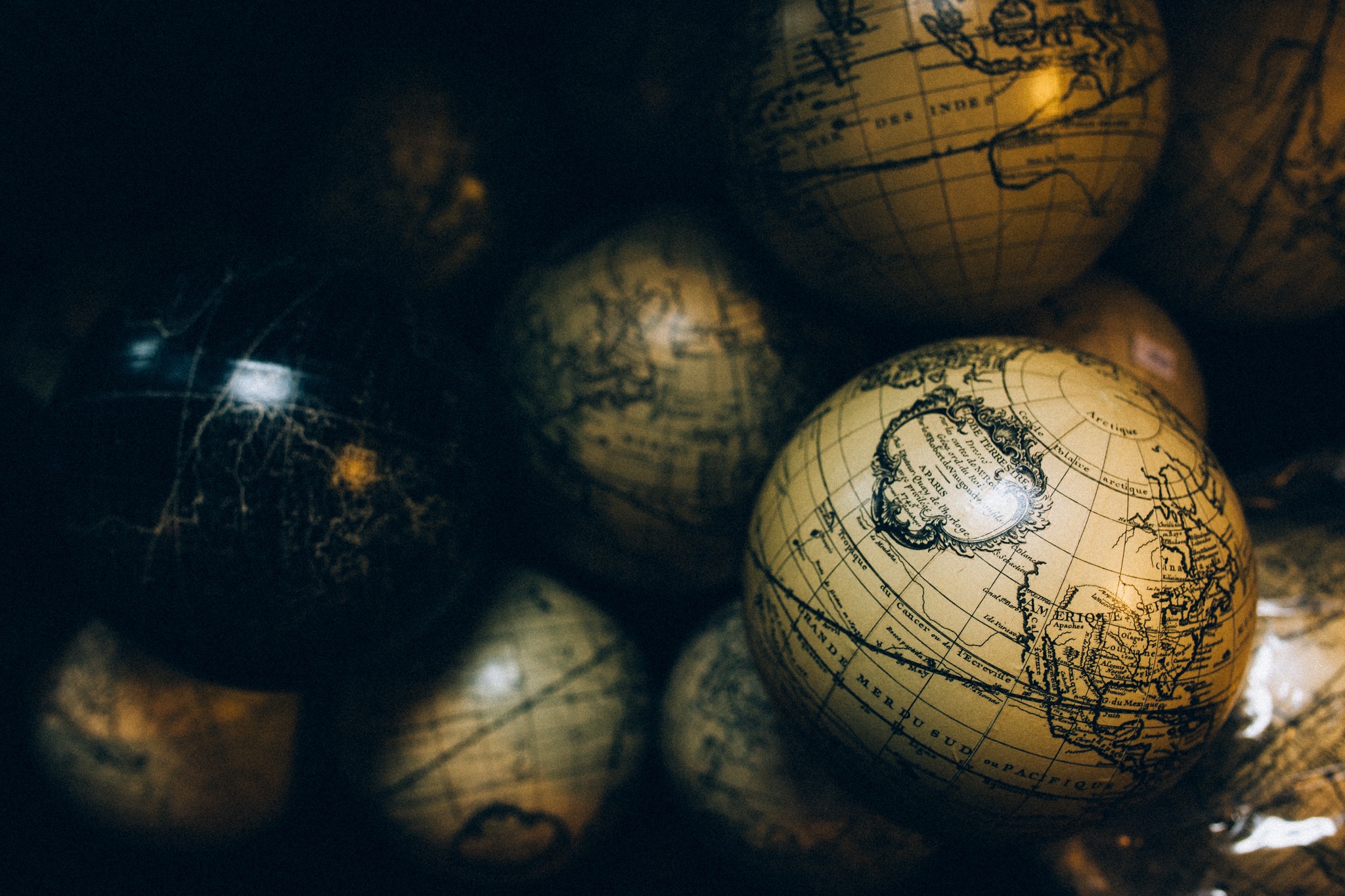 How do you decide on your story’s location? How do you make it work for your story? Are you worldbuilding?
How do you decide on your story’s location? How do you make it work for your story? Are you worldbuilding?
I know this varies with your genre, but location can play a major role in your story. The details are important. The landmarks, locations of shops, the traffic, and all the other little subtleties make for a deep and detailed backdrop to your story.
For some stories it can even be a character of sorts. By taking the time to research and plan, you add another layer for readers to get lost in your story.
 In my upcoming release, all of the anthology stories take place in Savannah, Georgia. When we chose Savannah, we wanted a place rich in history and a little bit of the unexplained. Among our other choices were New Orleans and Salem, Massachusetts, both of which worked as well. But we wanted to be a little different and chose the more unique location. We all researched Savannah and the surrounding areas, and we used various landmarks, street names, and other details that are a part of Savannah. Across twelve stories, the reader gets snapshots into our Savannah world.
In my upcoming release, all of the anthology stories take place in Savannah, Georgia. When we chose Savannah, we wanted a place rich in history and a little bit of the unexplained. Among our other choices were New Orleans and Salem, Massachusetts, both of which worked as well. But we wanted to be a little different and chose the more unique location. We all researched Savannah and the surrounding areas, and we used various landmarks, street names, and other details that are a part of Savannah. Across twelve stories, the reader gets snapshots into our Savannah world.
When using a real location, you will have to do it justice. In a contemporary story, real distances, real histories, some landmarks, and various real names give it more depth to a reader. Even futuristic stories set in real locations using current landmarks and street names add a layer of depth. But putting a real location like Phoenix, Arizona next to the ocean, unless part of America has broken off into the sea, would be a hard sell to a reader.
When using a fictional location, making yourself a map with all of the locations you use for the story will help keep it all straight for you and help make it feel real to the reader. If the market was next to car repair shop and laundromat in one chapter but then next the drug store and nail salon in the next chapter, you could confuse your readers. Even in fantasy and science fiction, your fictional location and setting is important.
This also works for historical stories. Make sure, in both real and fictional locations, you’ve done your research. London in 1815 is much different than today’s London. But if you made up the little 1793 village of Yokumshire, give it the details that could be found in a real 1793 village.
Worldbuilding can be a large undertaking. But taking the time to map things out, do your research, and getting the details, real or fictional, right, goes a long way into immersing your reader in your story. Don’t we all want our readers to not come up for breath until they read the entire book in one sitting? 
Happy writing and worldbuilding! ~ Jen




I mostly set my stories in the South now. I’m Southern, and I think it makes it easier for me to be realistic with the setting. I am, right now, working on a story set in the rural South in the 1920’s, and it’s hard. I didn’t grow up on a farm, or in the 1920’s, and I have been doing tons of research. Making maps is such a great suggestion. I also go visit places and write descriptions of places I’ve been to incorporate in my stories for realism.
I would love to visit some of my locations! That would be great research. And I agree writing about a region/city/state/etc that you’re familiar with really helps with describing your setting. Good luck with your research!
Good luck with your research!
Pingback: Where in the World is Your Story? | nancyannjones
Thanks!
Found it!